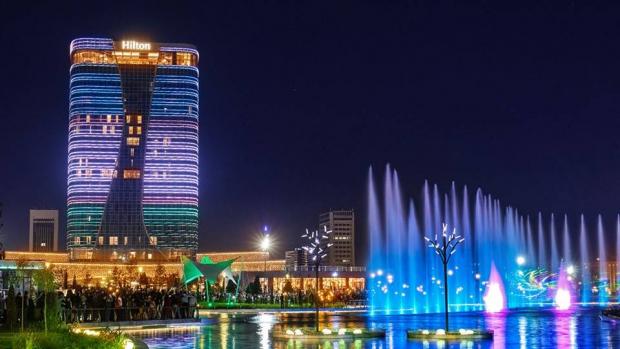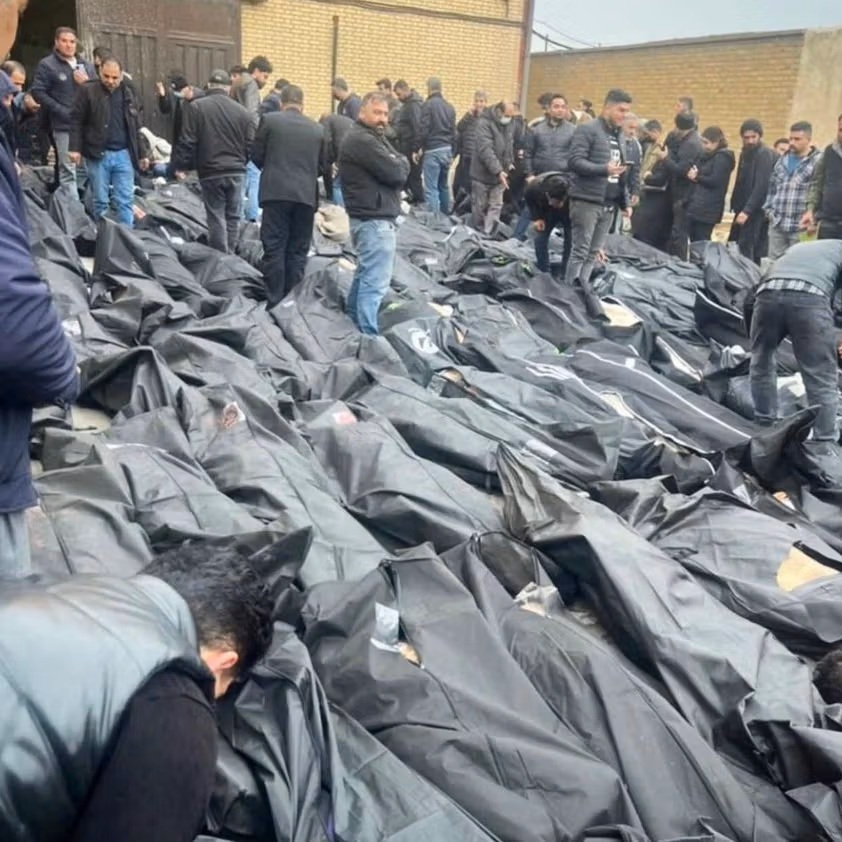
The International Conference “Central and South Asia: Regional Connectivity. Challenges and Opportunities” will take place on 15-16 July 2021 at the initiative of the President of the Republic of Uzbekistan Shavkat Mirziyoyev.
The forum is aimed at strengthening historically close and friendly ties, trust and good-neighborliness between Central and South Asia in the interests of all peoples and countries of both regions.
The conference will be attended by the President of the Republic of Uzbekistan, the President of the Islamic Republic of Afghanistan, the Prime Minister of the Islamic Republic of Pakistan, foreign ministers and high representatives of the Central and South Asian countries, other foreign states, heads of authoritative international and regional organizations, global financial institutions and companies, leading research and analytical centers.

During the plenary and breakout sessions, the forum participants will discuss the possibilities of promoting initiatives aimed at developing trade, economic, transport, communication, cultural and humanitarian cooperation in the context of further deepening regional connectivity.
The agenda includes a comprehensive exchange of views and joint development of proposals for enhancing cooperation in trade, investment, transport, energy and innovation, green technologies, implementation of specific projects and cooperation programs, enhancing interaction in tourism, education, healthcare, science and culture, ensuring the stability and security of the two regions.
Prerequisites for cooperation
Meanwhile, the formation of independent states of Central Asia entailed a revival of mutual interest and attempts to restore interregional ties. The republics of Central Asia found themselves cut off from the oceans, and the southern direction became the geographically shortest route to seaports.
South Asia is a huge market with over 1.7 billion people. Pakistan alone, the geographically closest state to Central Asia, has a population of over 200 million.
Central and South Asia complement each other in terms of energy. It is no coincidence that over the past decades, projects for the export of gas and electricity from the Central Asian republics to Pakistan and India have been actively worked out.
Pakistan welcomed the formation of new and, which is important in the context of the role of the Islamic factor in the internal political processes and foreign policy of this country, Muslim states. Islamabad saw potential geopolitical allies in six countries of the Islamic world (five republics of Central Asia and Azerbaijan), an expansion of the zone of influence, new sales markets, and sources of raw materials, as well as a promising access to the spaces of inner Eurasia.

For India, Central Asia was and remains a peripheral region. The concept of “Connect Central Asia” and the inclusion of the region in the “Extended Neighborhood” were partly intended to correct this deficiency, and partly reflected the growing capabilities of the emerging global center of power.
By Sher Karimov





